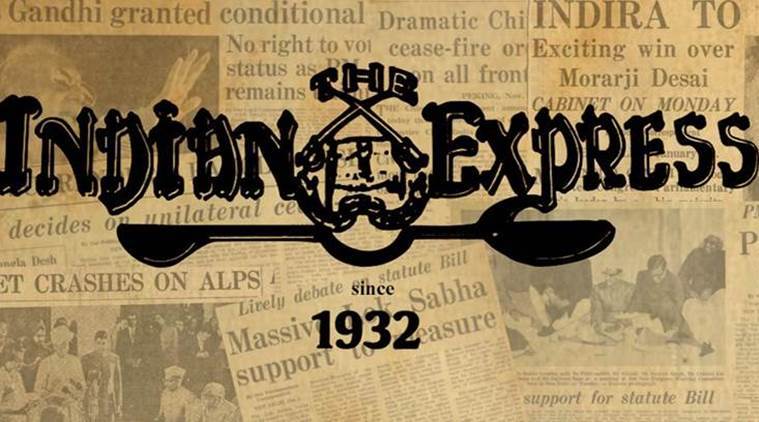 The political tussle in the capital between the AAP government and Centre (through the LG) turned on the ambiguities of Article 239AA.
The political tussle in the capital between the AAP government and Centre (through the LG) turned on the ambiguities of Article 239AA.
In a democratic form of government,” writes Justice D Y Chandrachud in his judgment in Govt of NCT of Delhi v Union of India, “real power must subsist in the elected arms of the State.” The five-judge bench of the Supreme Court headed by Chief Justice Dipak Misra has, through three concurring judgments, in effect overturned the 2016 verdict of the Delhi High Court. The HC had stated that the Lieutenant Governor was the administrative head of the National Capital Territory of Delhi. The apex court has made two things clear: One, the ultimate legitimacy, and the consequent responsibility to exercise power on behalf of the people, lies with the elected legislature and the council of ministers; two, while Delhi is not a full state, the LG is “bound by the aid and advice” of the Delhi government.
The political tussle in the capital between the AAP government and Centre (through the LG) turned on the ambiguities of Article 239AA, in which the LG is empowered to refer “any matter” to the President on which he has a difference of opinion with the council of ministers. The SC’s clarification that “any matter” cannot be “every matter”, that a sound rationale and attempt at dialogue between the LG and government is essential before involving the Centre, is also a moral exhortation to those holding constitutional office: They must heed the spirit of the country’s founding document and “embrace the collaborative federal structure” it stands for. The Delhi assembly’s right to legislate on matters in the state and concurrent list other than land, police and public order has also been upheld. The Delhi government’s executive powers have been re-affirmed, and while the LG’s office has the right to be informed of all its actions, it cannot function as an alternative government.
For the AAP government, the Centre and its gubernatorial appointees, there is much to take away and implement from the SC’s verdict. The Centre still has sway over crucial areas of Delhi’s administration and Parliament’s legislative writ supersedes that of the Delhi government. Going forward, the combativeness that has been on display in Delhi since 2015 must be abandoned for that much-touted slogan, “cooperative federalism”, to be put into effect. And the rough-and-ready recourse to protests and strikes must give way to mature deliberation and compromise. The AAP must not view this judgment as an endorsement of its belligerence and theatrics. There are also lessons for other LGs: The office of the LG must only assist, and not obstruct, the government. The Supreme Court has stood up for the will of the people and the spirit of the Constitution. Now, it’s for the actors in Delhi’s political drama to abide by its values.